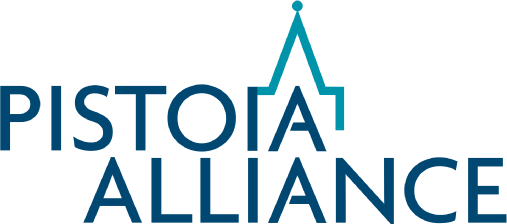Brought to you by the AI workstream of the UXLS community
In pharma R&D, UX design is the difference between an AI breakthrough that changes how scientists work and a promising model that never leaves the lab.
Exploring how the future of AI in pharma R&D depends not just on the technology itself, but on the experience of the people using it, this webinar brings together voices from the pharmaceutical industry, software creators, and UX professionals. The discussion will focus on humans at the core of AI adoption and how considered design transforms AI from a promising tool into a breakthrough that scientists and businesses can truly embrace.
こちらは、UXLSコミュニティの AI ワークストリームがお届けします。
製薬 R&D において、UX デザインは「科学者の働き方を変える AI のブレークスルー」と「研究室から出られない有望なモデル」を分ける重要な要素です。
本ウェビナーでは、AI の未来がテクノロジーそのものだけでなく“それを使う人の体験”に左右されるという視点から、製薬業界、ソフトウェア開発者、UX の専門家が集まり議論します。AI 導入の中心にいる“人”に焦点を当て、熟慮されたデザインが AI を単なる有望なツールから、科学者や企業が真に受け入れられるブレークスルーへと変える方法を探ります。
